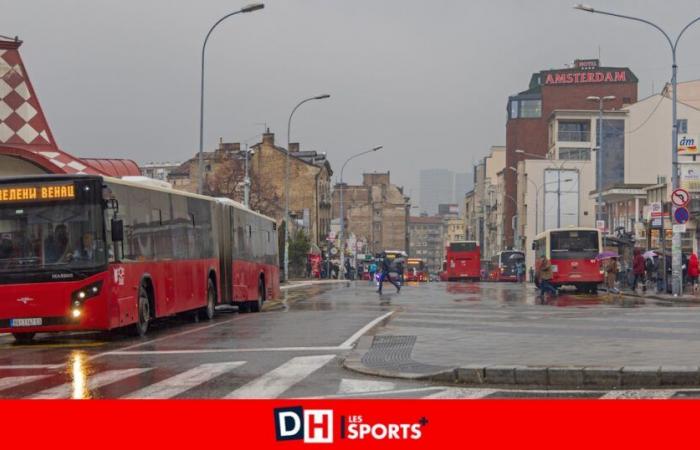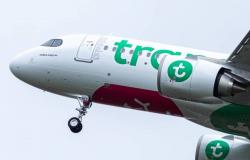“By this measure, Belgrade becomes the only European city with a population of more than one million where transport will be free,” he added.
Bad news for Stib users: prices will increase by almost 5% from February 1
Several European cities such as Tallinn, Montpellier and the Grand Duchy of Luxembourg have adopted such measures, but none exceeds one million inhabitants. Belgrade has nearly 1.7 million, and the widespread use of private cars creates huge traffic jams there every day.
The entire fleet of buses, trams and trolleys will be renewed by 2027, the mayor also announced, promising that “by the end of 2025, no bus in Belgrade will be more than two years old”.
If the city’s mayor did not mention the environment during his press conference, this measure could lower the level of pollution in Belgrade, regularly among the 10 most polluted cities in the world, according to company data Swiss IQ Air which measures air pollution around the world.
According to the World Bank, Serbia has the worst European record in terms of per capita mortality linked to pollution. The sources are multiple, in particular the intensive use of coal, but also “obsolete and high-emission vehicles, many of which are imported from other European countries, as well as the declining popularity of public transport”.
In Wallonia, the price of the bus ticket will not solve everything… far from it
According to official statistics, there will be 700,000 vehicles registered at the end of the year in Belgrade – 250,000 more than 10 years ago, Mr. Sapic said during his press conference.
But the only solution to limit their use, added the mayor, would be the construction of the metro, promised for years.






